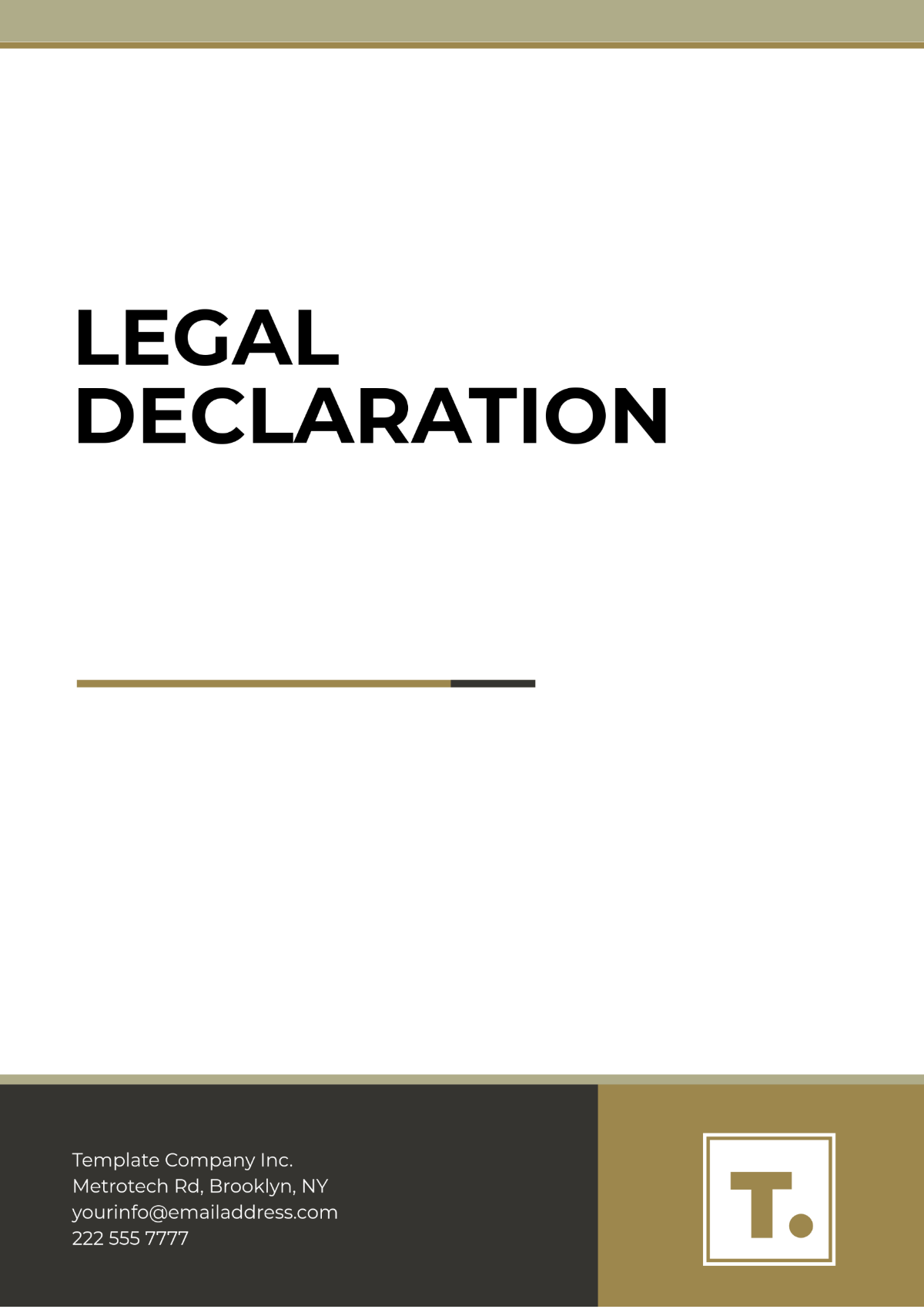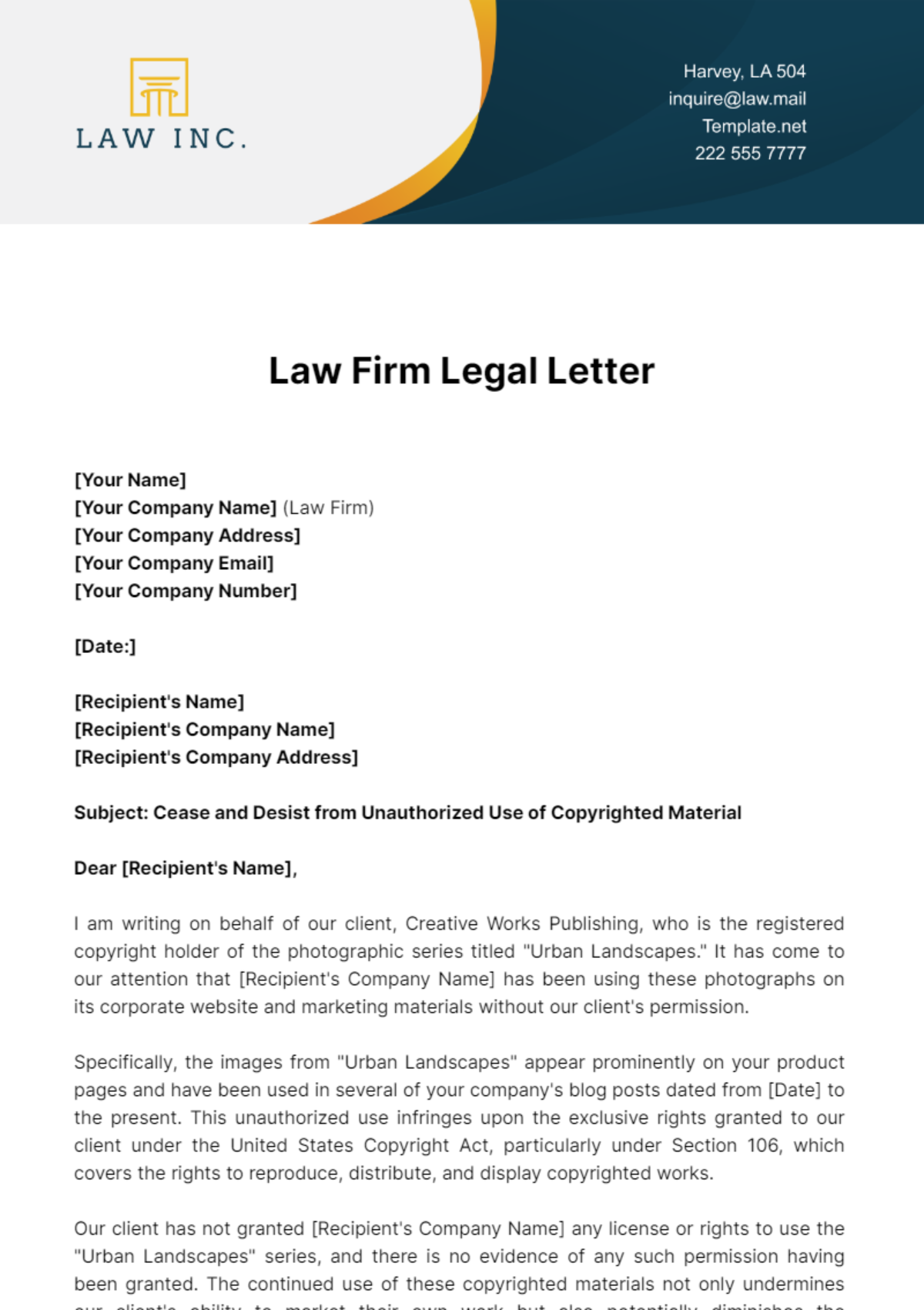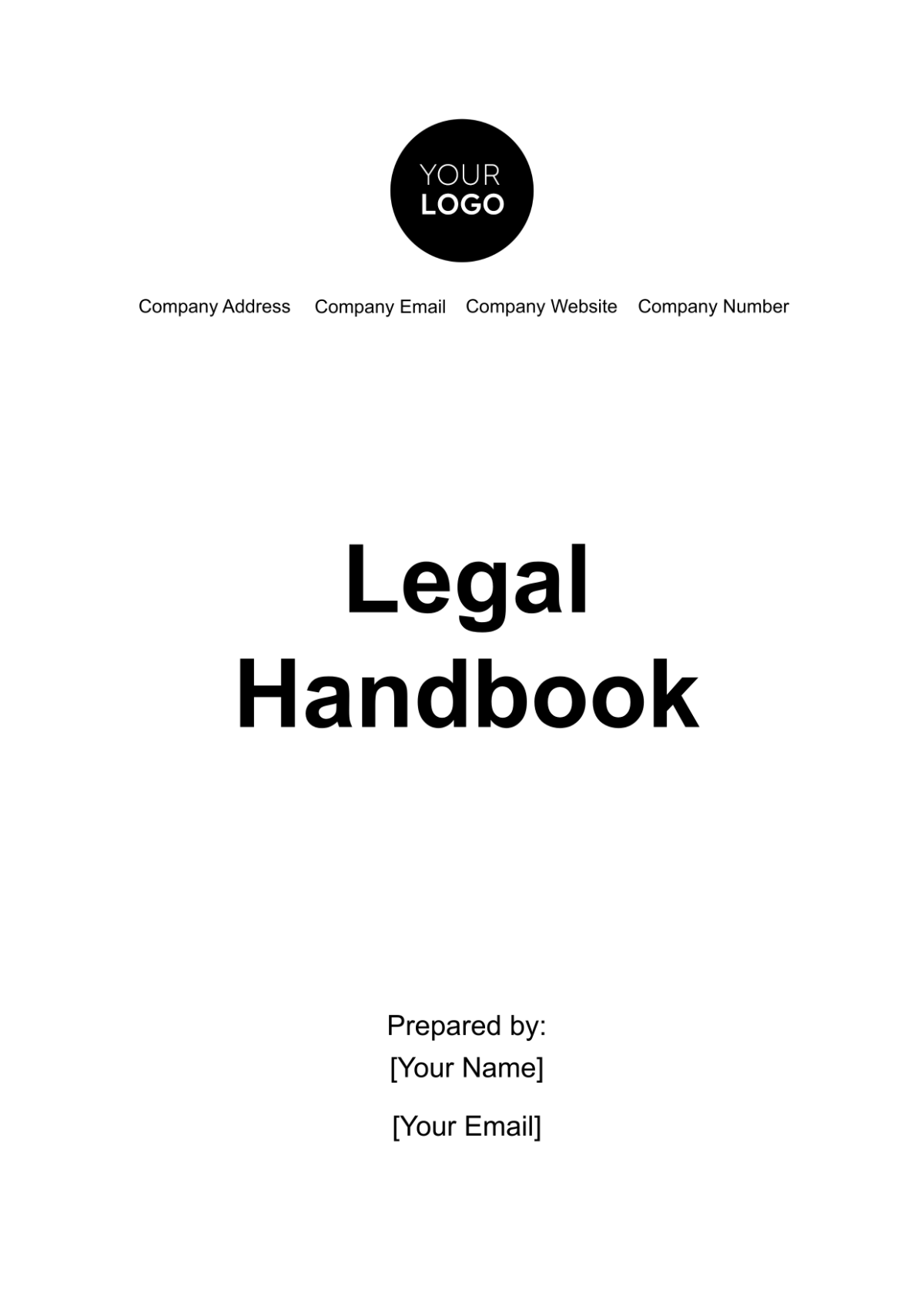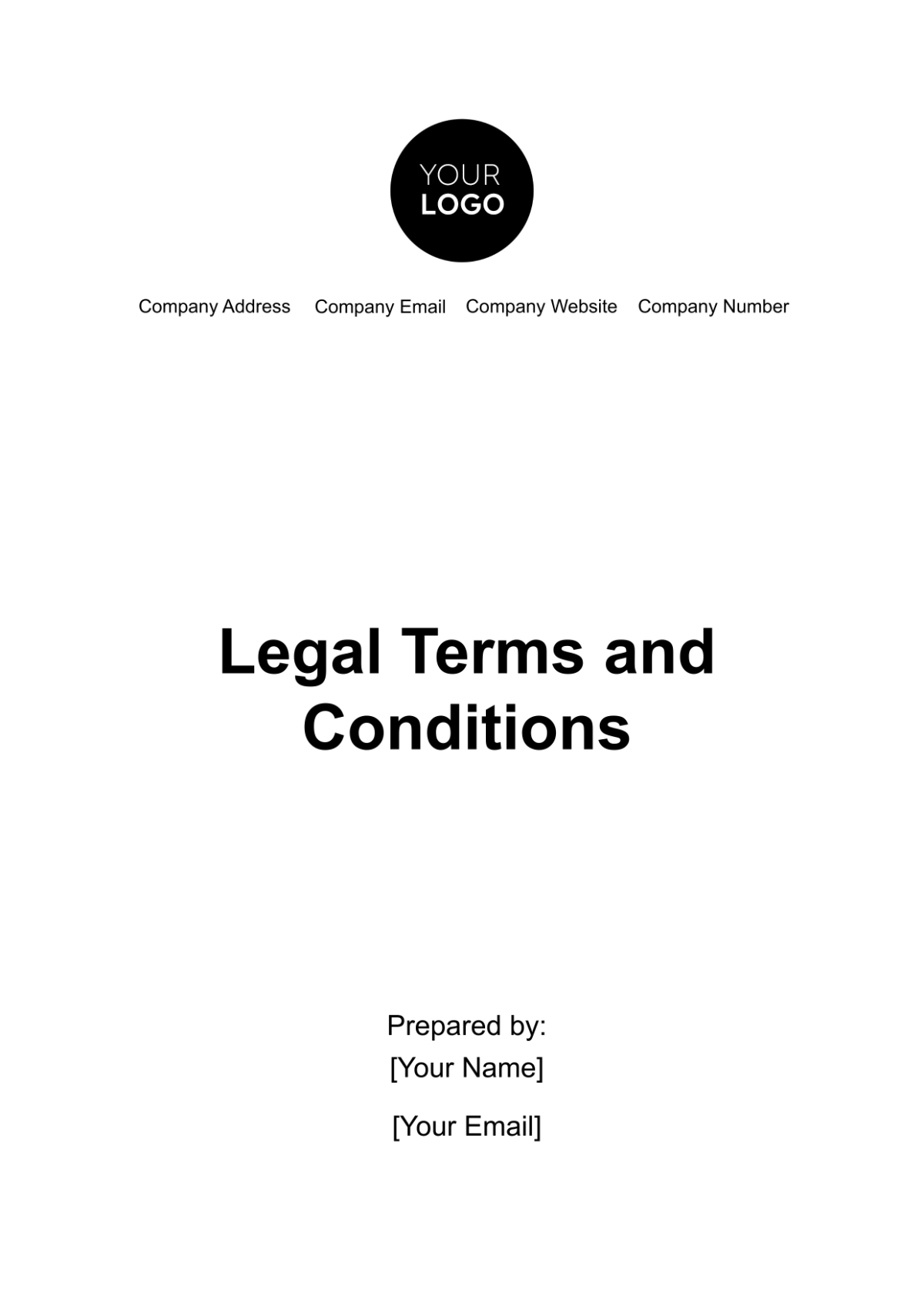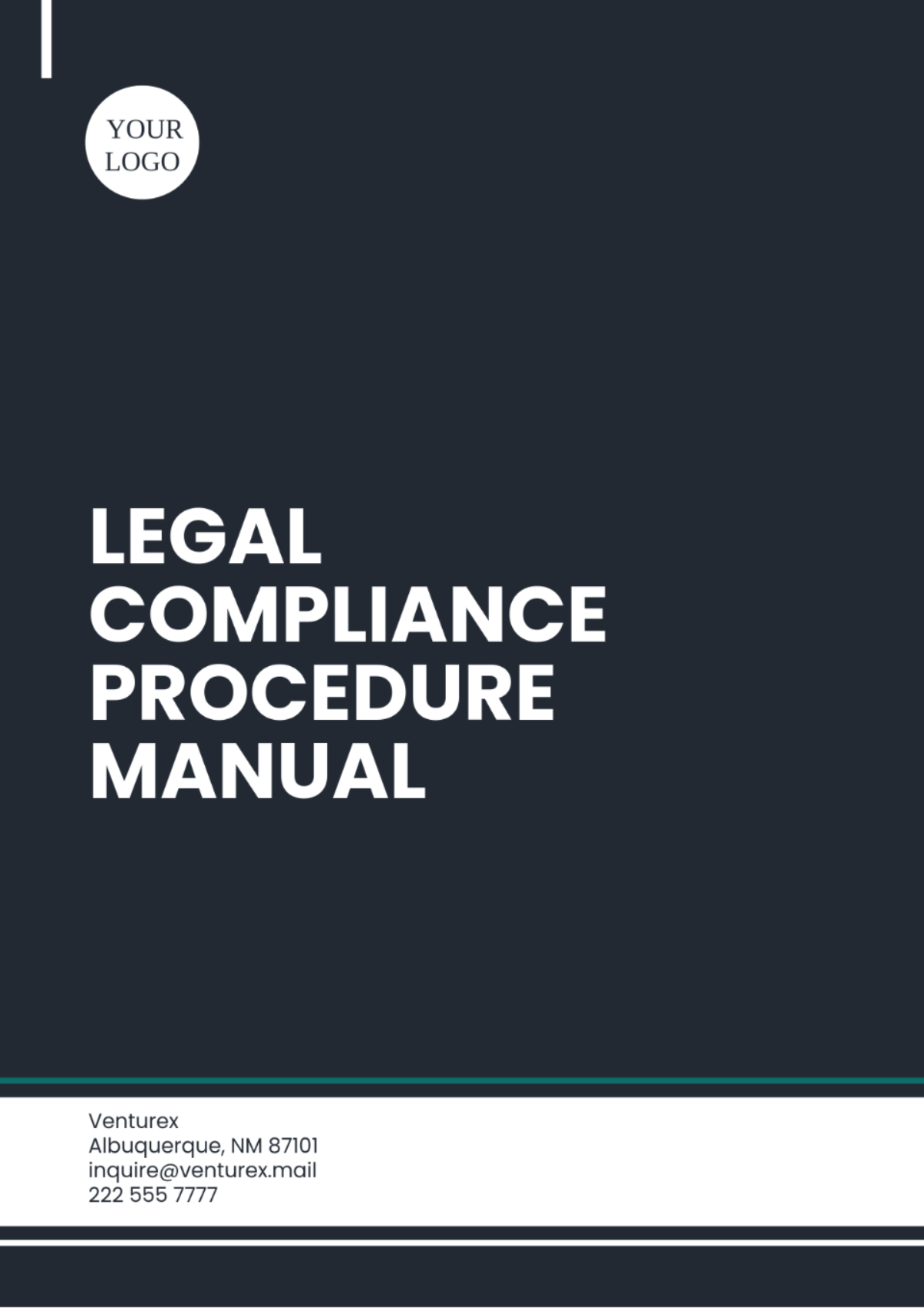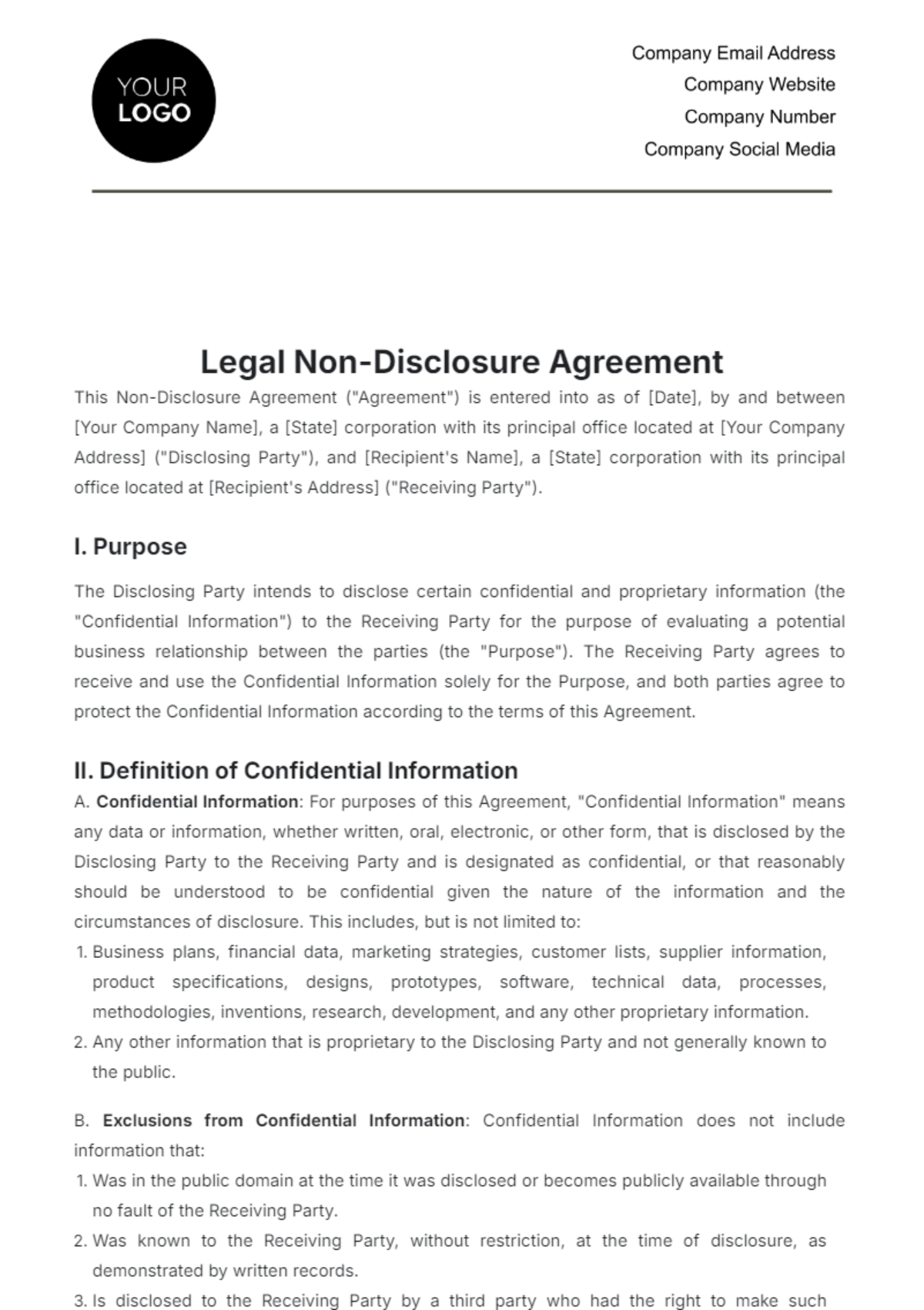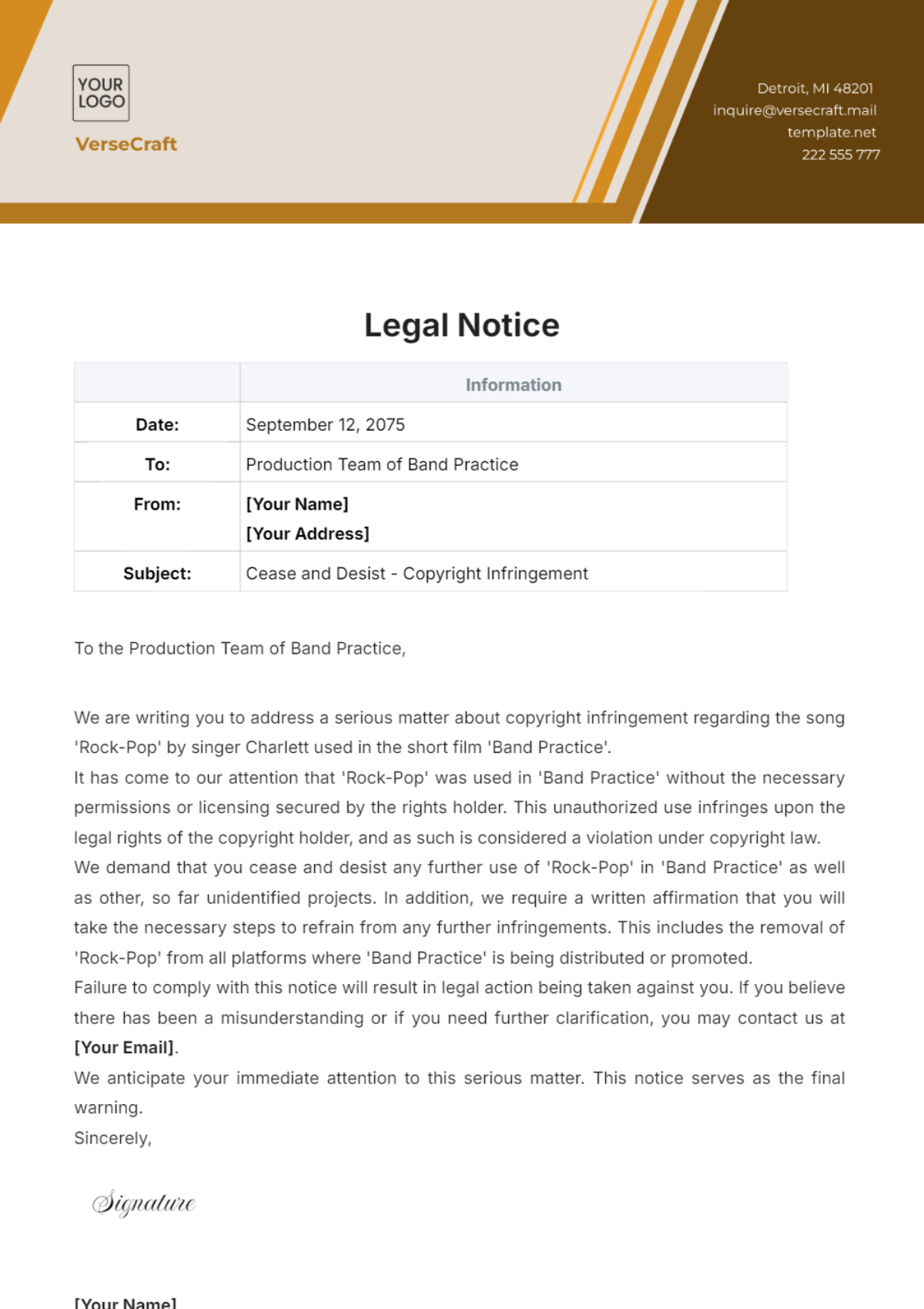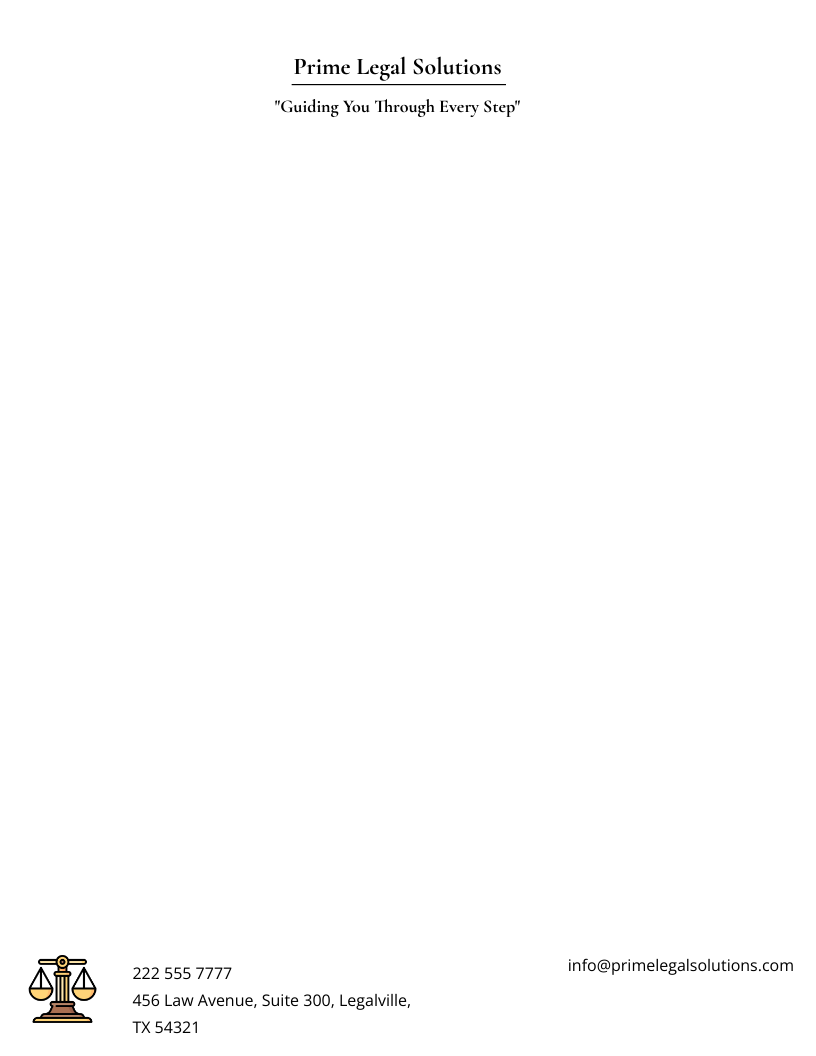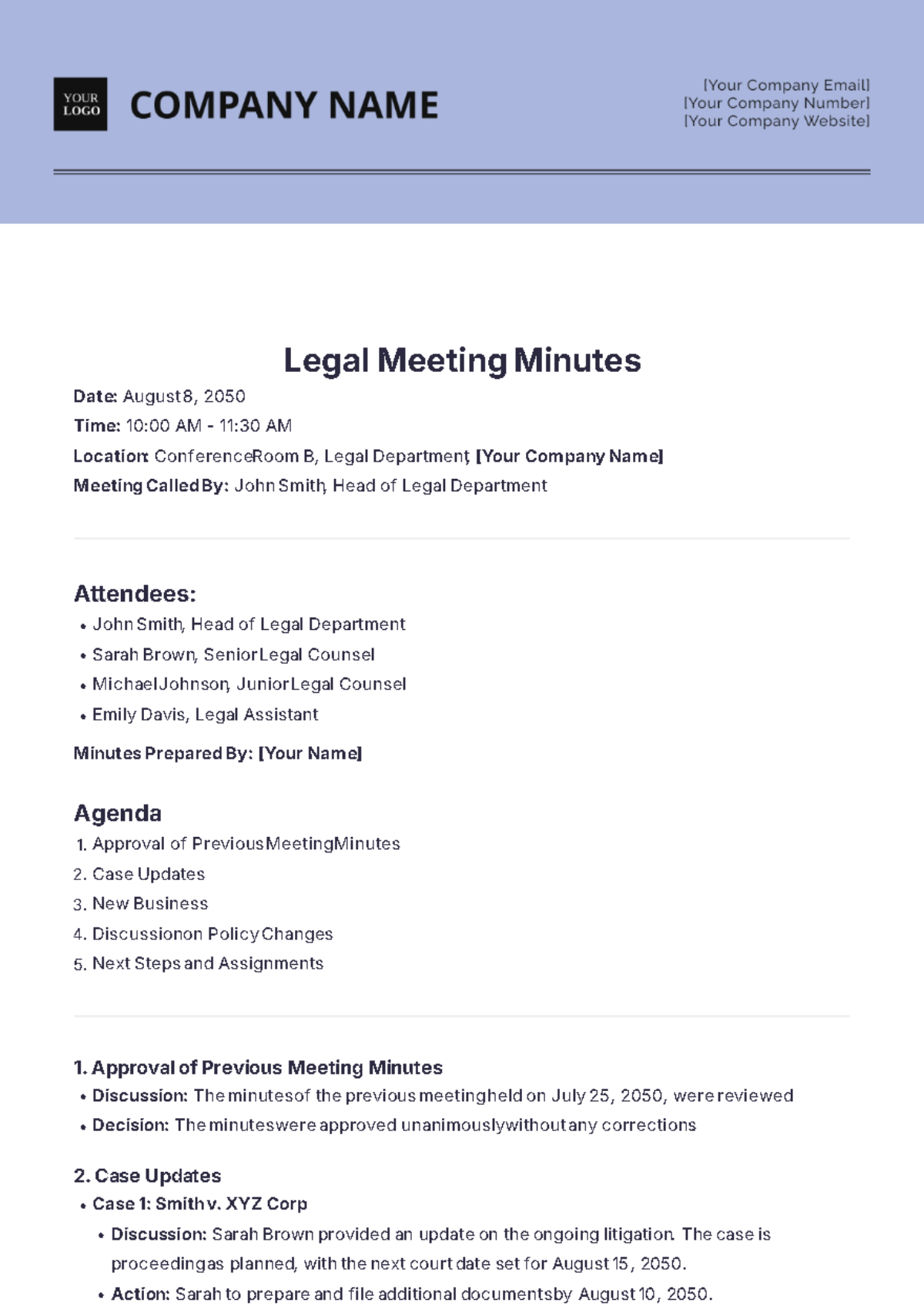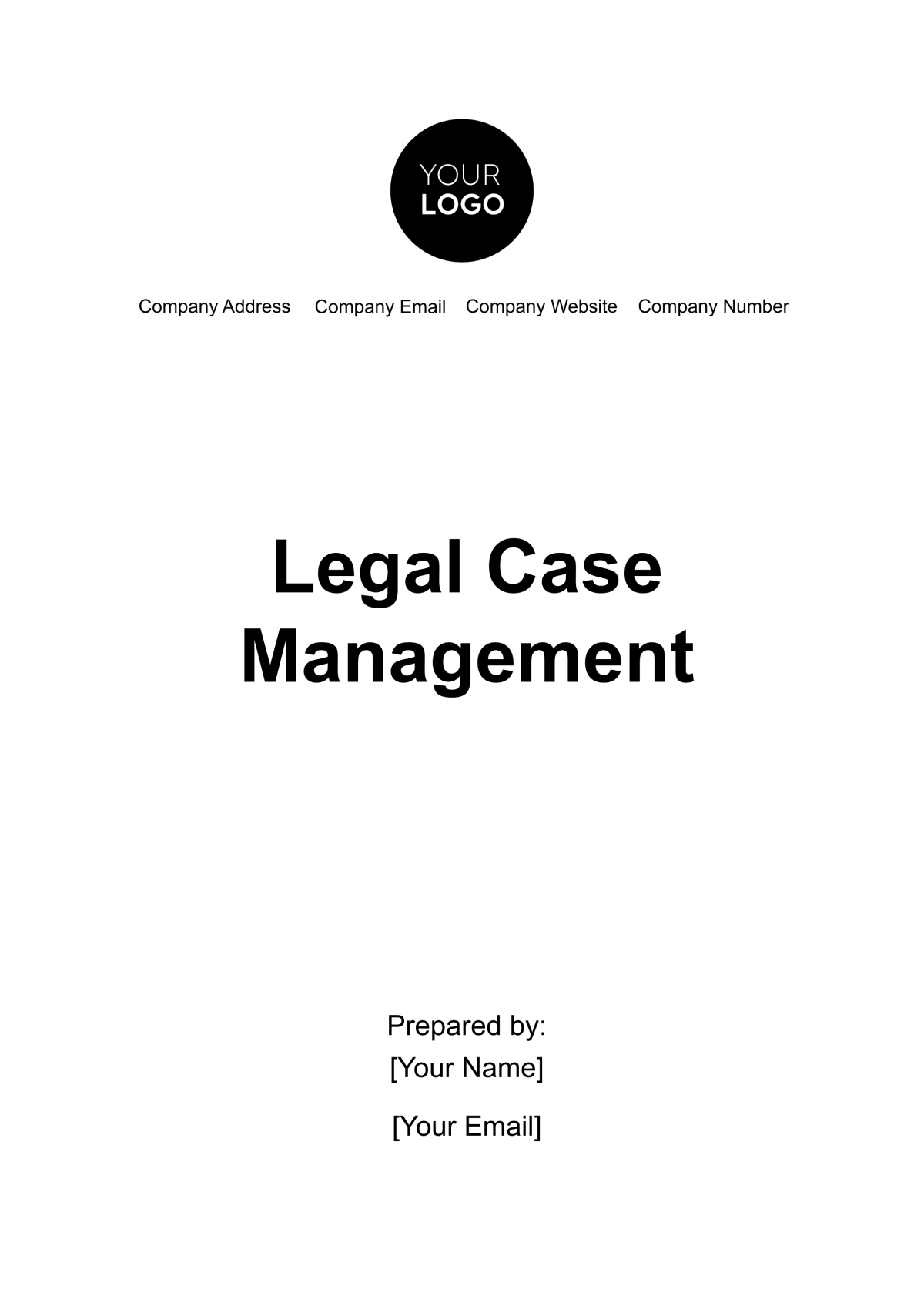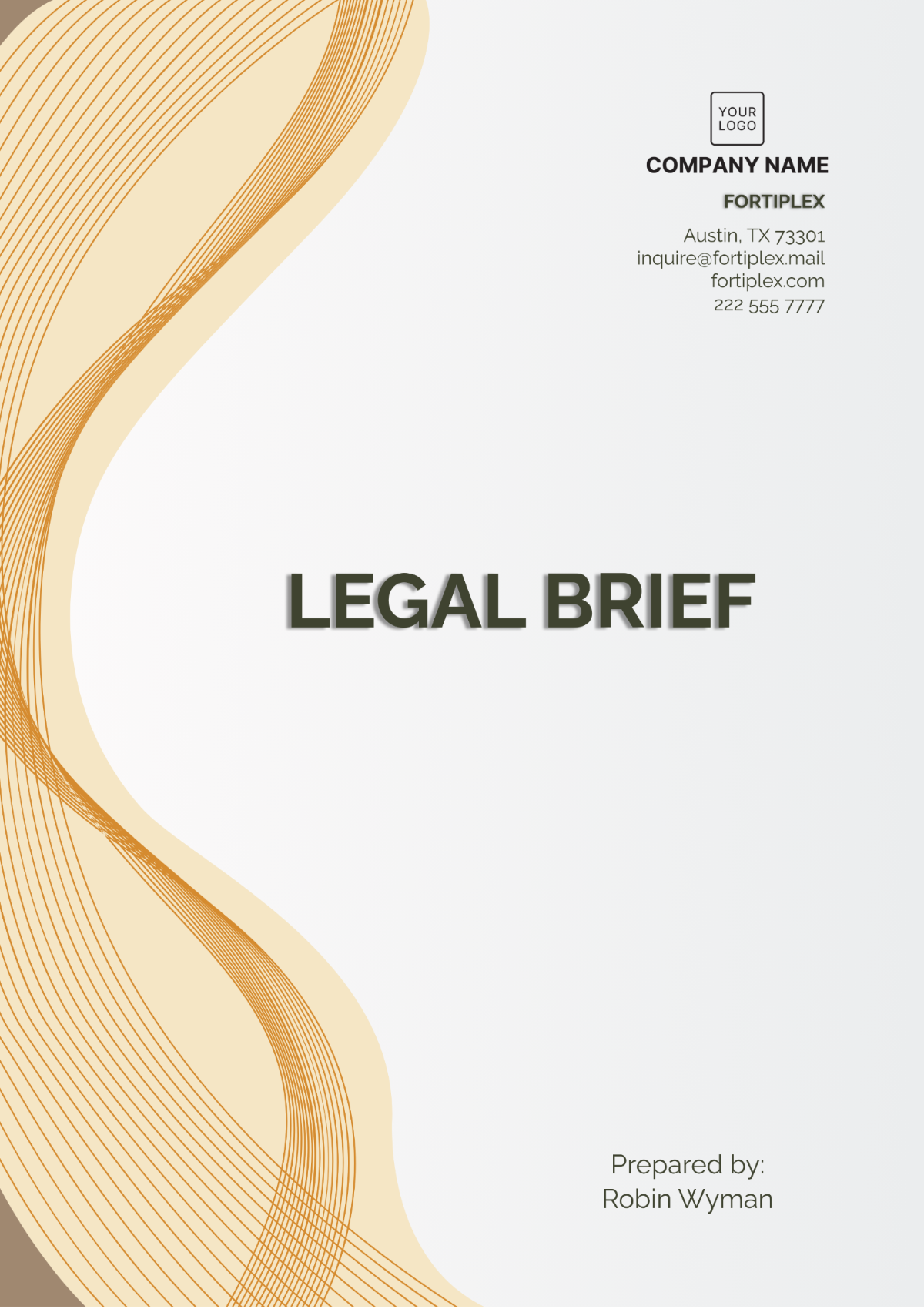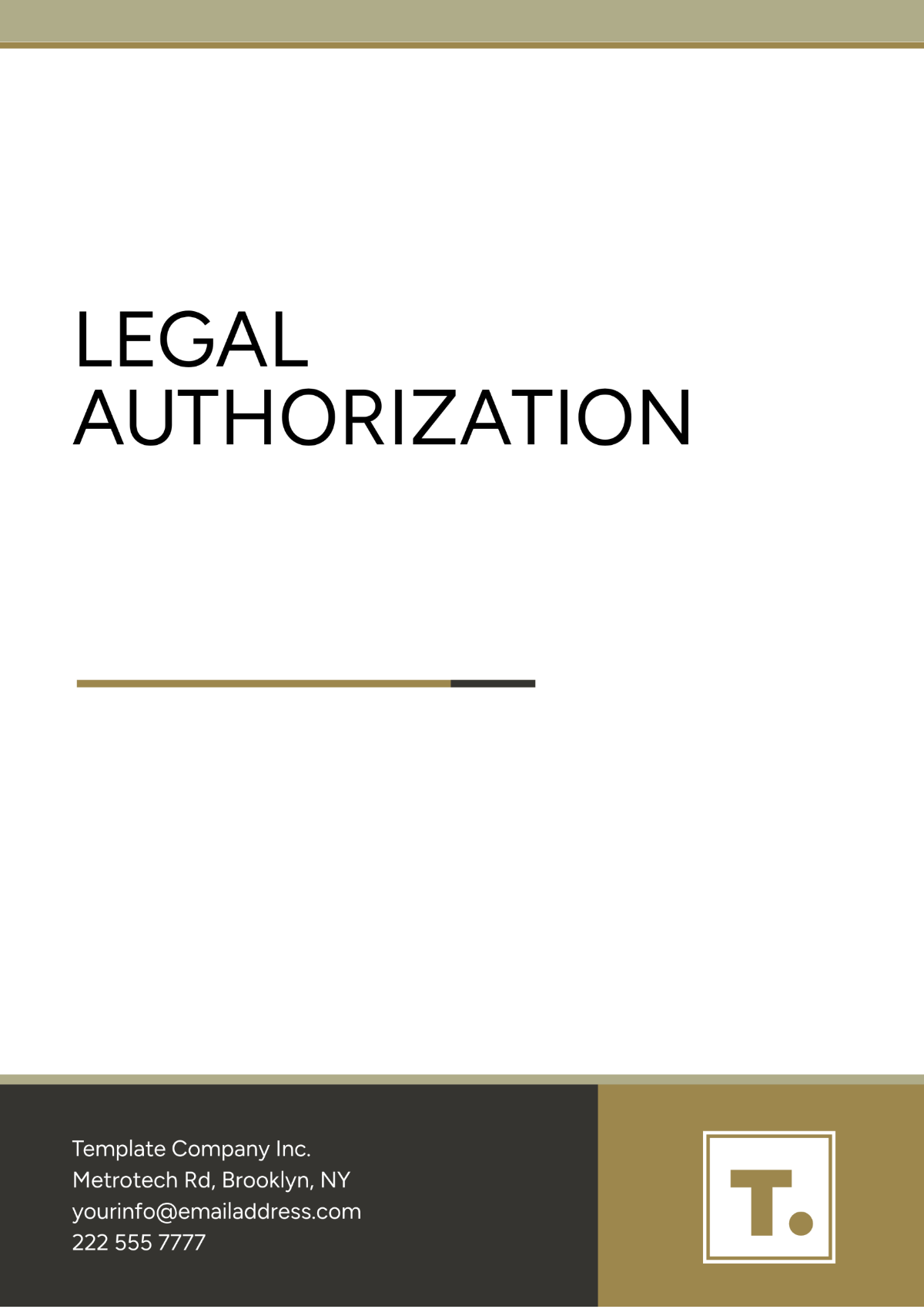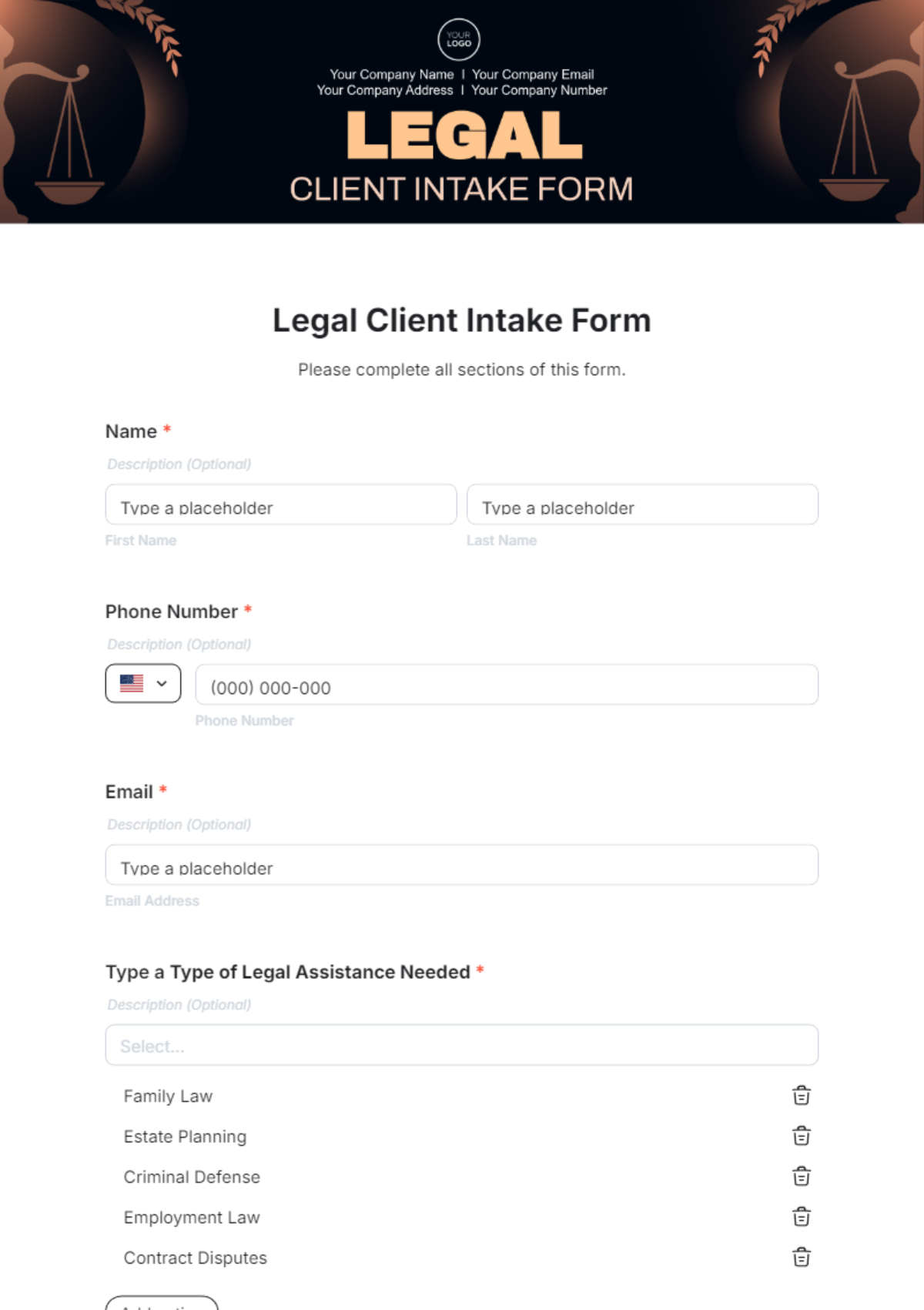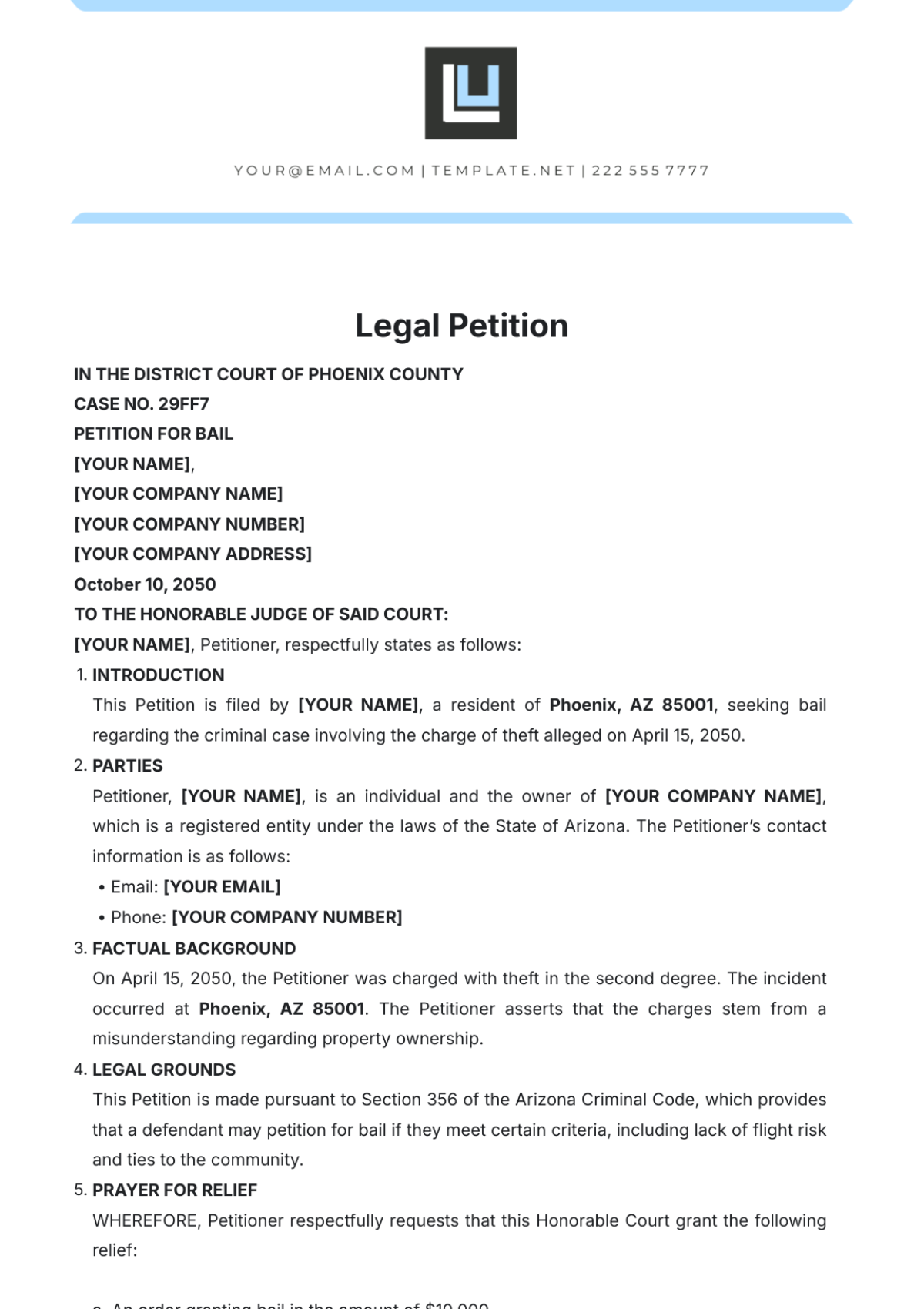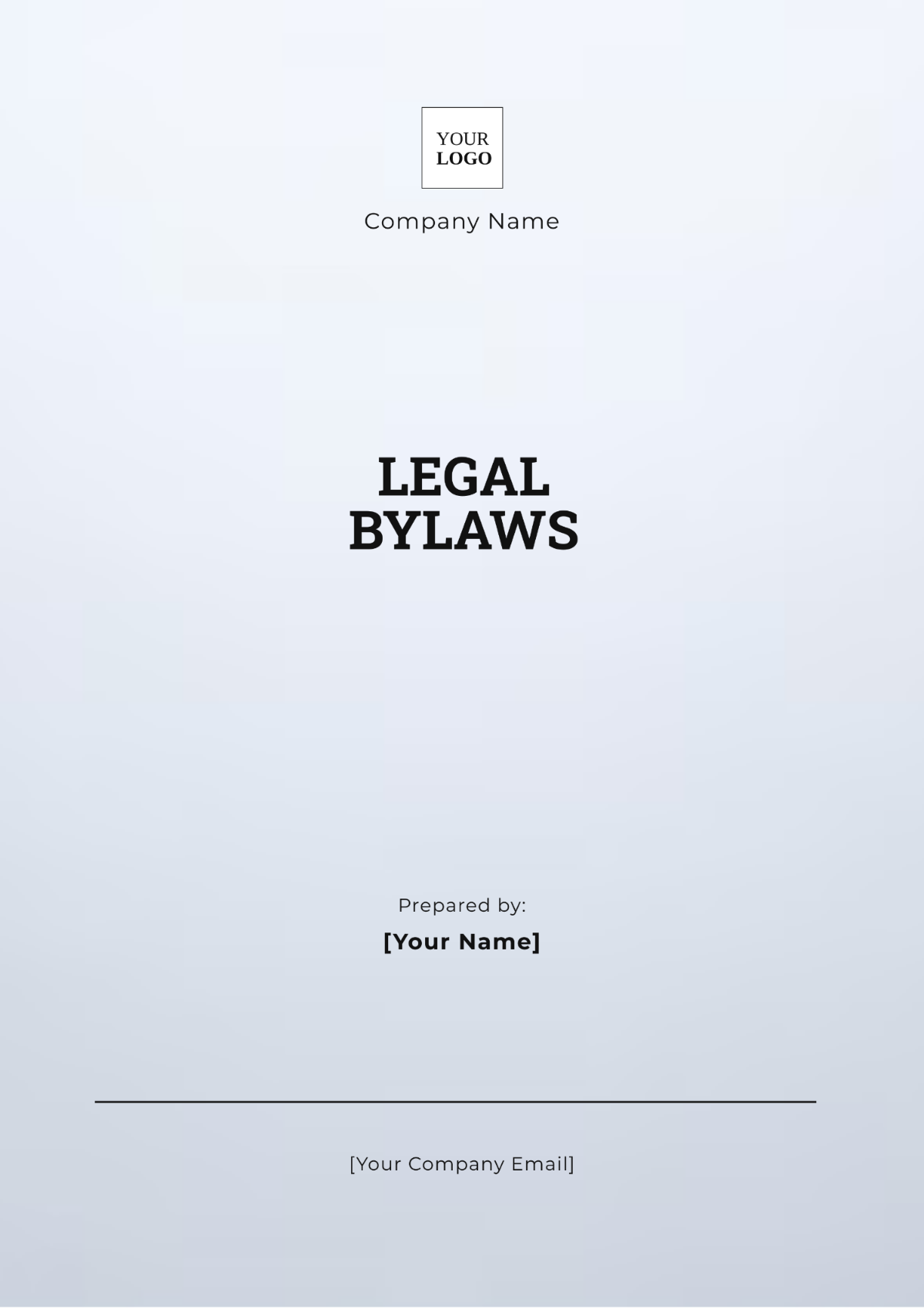Legal Issues in Case Brief
I. Case Information
Case Title: [Title of the Case]
Case Citation: [Case Citation Number]
Court: [Name of the Court]
Date of Decision: [Date of Decision]
II. Parties
Plaintiff(s):
[Name(s) of Plaintiff(s)]
Defendant(s):
[Name(s) of Defendant(s)]
III. Facts
The case revolves around the following key facts:
John Smith filed a lawsuit against Jane Jones for breach of contract.
The contract in question was for the sale of a property located at [Property Address].
Jane Jones failed to fulfill her obligations under the contract, leading to financial losses for John Smith.
IV. Issue
The primary issue before the court is:
Whether Jane Jones breached the contract with John Smith, and if so, what remedies are available to the plaintiff.
V. Legal Principles and Precedents
To address the issue at hand, the following legal principles and precedents are relevant:
Statute of Frauds: Contracts for the sale of real property must be in writing to be enforceable under the statute of frauds.
Breach of Contract: The elements of a breach of contract claim include the existence of a valid contract, the defendant's failure to perform, and damages resulting from the breach.
Specific Performance: Courts may order specific performance as a remedy for breach of contract in cases involving unique or irreplaceable property.
VI. Arguments
A. Plaintiff's Argument
The plaintiff argued that:
A valid contract existed between the parties for the sale of the property.
Jane Jones failed to fulfill her obligations under the contract by refusing to complete the sale.
John Smith suffered financial losses as a result of Jane Jones's breach of contract.
B. Defendant's Argument
The defendant contended that:
There was no enforceable contract between the parties due to the statute of fraud.
Even if a contract existed, John Smith failed to perform his obligations under the contract, thereby excusing Jane Jones from performance.
VII. Decision
The court's ruling on the matter is as follows:
The Supreme Court ruled in favor of the plaintiff, finding that a valid contract existed between the parties and that Jane Jones breached the contract by failing to perform.
The court ordered specific performance of the contract, compelling Jane Jones to complete the sale of the property to John Smith.
VIII. Analysis
A. Legal Analysis
In analyzing the case, the following legal considerations are pertinent:
Statute of Frauds: While the statute of frauds requires contracts for the sale of real property to be in writing, courts may enforce oral contracts in certain circumstances, such as part performance.
Breach of Contract: The court found that Jane Jones's refusal to complete the sale constituted a clear breach of the contract between the parties.
Specific Performance: Given the unique nature of real property, specific performance was deemed an appropriate remedy to redress the breach of contract.
B. Implications
The court's decision in this case has several implications, including:
Upholding the importance of contractual obligations and the enforceability of contracts for the sale of real property.
Establishing specific performance as a viable remedy for breach of contract in cases involving unique or irreplaceable property.
IX. Conclusion
In conclusion, the Smith v. Jones case highlights the significance of contractual obligations and the availability of specific performance as a remedy for breach of contract. By analyzing the facts, arguments, and court decisions, it becomes evident that justice was served in enforcing the parties' contractual rights.
X. Additional Resources
For further research and exploration of the legal issues raised in this case, consider consulting the following resources:
"Contracts: Cases and Materials" by E. Allan Farnsworth
"Real Estate Transactions: Problems, Cases, and Materials" by Robin Paul Malloy
Legal databases such as Westlaw or LexisNexis for access to case law and scholarly articles on contract law.



